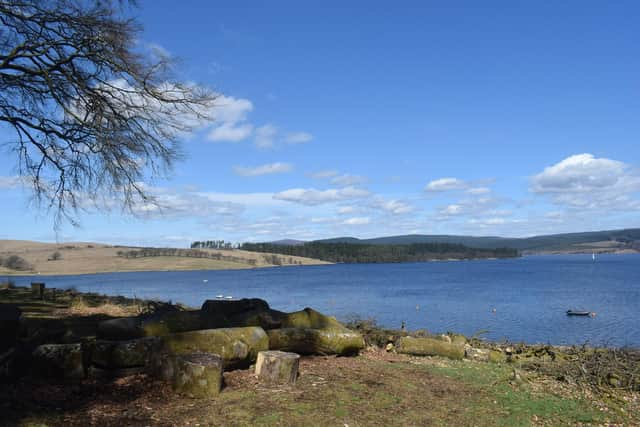Bone-dry April could be a record-breaker for the North East - and farmers are getting anxious
and live on Freeview channel 276
Figures show there has been a paltry 0.4mm rainfall recorded at the Met Office weather station at RAF Boulmer, near Alnwick, in Northumberland, so far in April.
The record low for Boulmer stands at 3.5mm which was recorded in 1980, although records from the station only go back to 1976.
The long term April average at Boulmer is 58.07mm.


Advertisement
Hide AdAdvertisement
Hide AdThe Met Office weather station at Durham has received 1.6mm, with its record low of 2.2mm set in 1938.
The April average in Durham is 52.7mm.
However, the recent dry weather is forecast to end soon, possibly before the end of the month.
A Met Office spokesperson said: “The settled weather across much of the UK over the last couple of weeks has been down to high pressure dominating, preventing any meaningful incursions of rainfall.
“That isn’t lasting into this week though, with more mobility in our weather from the west.
Advertisement
Hide AdAdvertisement
Hide Ad“The full statistics will be published at the end of this week and with rain in the forecast this week there is likely to be some change.”
The recent dry spell is of no concern to Northumbrian Water at the moment, following on from what had been a wet February.
Martin Lunn, head of technical strategy for Northumbrian Water, said: “Despite the recent spell of dry weather, the water levels across our region’s reservoirs including Kielder remain generally healthy.”
While the spring sunshine has been great news for lambing, it is beginning to prove to be a headache to arable farmers.
Advertisement
Hide AdAdvertisement
Hide AdAn NFU spokesperson added: “Although not desperate yet, arable farmers are getting anxious about the lack of rain.
“The problem is that because everything was so wet at the end of last year, many cereal crops did not get drilled, meaning many arable farmers are relying on getting spring crops in the ground.
“The land dried up reasonably well to allow spring planting, but some rain is needed to get the seed to germinate.”